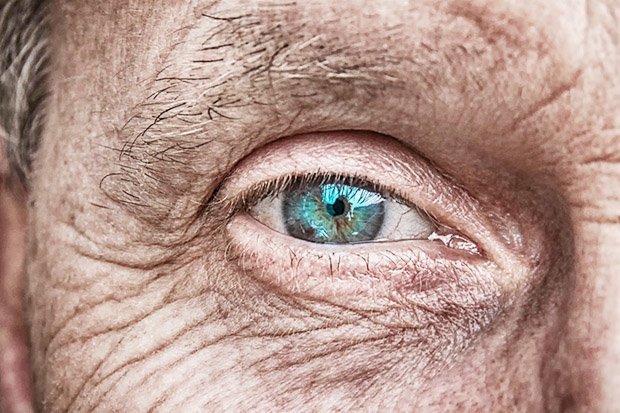
Breaking News
 BREAKING: Assault Weapons Ban Just Passed For 2026 : 10 Years Prison Who Own This!
BREAKING: Assault Weapons Ban Just Passed For 2026 : 10 Years Prison Who Own This!
 Zelensky To Trump: 'Give Me 50 Year Security Guarantee...And More Money!'
Zelensky To Trump: 'Give Me 50 Year Security Guarantee...And More Money!'
 I've Never Seen A USB-C Charger This Good!
I've Never Seen A USB-C Charger This Good!
 China Just Broke The Silver Market
China Just Broke The Silver Market
Top Tech News
 EngineAI T800: Born to Disrupt! #EngineAI #robotics #newtechnology #newproduct
EngineAI T800: Born to Disrupt! #EngineAI #robotics #newtechnology #newproduct
 This Silicon Anode Breakthrough Could Mark A Turning Point For EV Batteries [Update]
This Silicon Anode Breakthrough Could Mark A Turning Point For EV Batteries [Update]
 Travel gadget promises to dry and iron your clothes – totally hands-free
Travel gadget promises to dry and iron your clothes – totally hands-free
 Perfect Aircrete, Kitchen Ingredients.
Perfect Aircrete, Kitchen Ingredients.
 Futuristic pixel-raising display lets you feel what's onscreen
Futuristic pixel-raising display lets you feel what's onscreen
 Cutting-Edge Facility Generates Pure Water and Hydrogen Fuel from Seawater for Mere Pennies
Cutting-Edge Facility Generates Pure Water and Hydrogen Fuel from Seawater for Mere Pennies
 This tiny dev board is packed with features for ambitious makers
This tiny dev board is packed with features for ambitious makers
 Scientists Discover Gel to Regrow Tooth Enamel
Scientists Discover Gel to Regrow Tooth Enamel
 Vitamin C and Dandelion Root Killing Cancer Cells -- as Former CDC Director Calls for COVID-19...
Vitamin C and Dandelion Root Killing Cancer Cells -- as Former CDC Director Calls for COVID-19...
 Galactic Brain: US firm plans space-based data centers, power grid to challenge China
Galactic Brain: US firm plans space-based data centers, power grid to challenge China
Bionic eye to be implanted in HUMANS as robotic device nears release

Blindness has blighted the world for centuries with no answer to the often degenerative disease, but this could be cured by artificial intelligence.
But a team of researchers have created a robotic eye device to potentially cure this.
If successful, the bionic eye would change the lives of millions of people losing their sight.
The team from the University of Sydney are now looking to start human trials ahead of a potential release for the device.
Biomedical engineering professor Gregg Suaning said the "Phoenix 99 Bionic Eye" device sees a microchip implanted onto a patient's eye.
A tiny camera is then placed on a pair of glasses which will wirelessly send images for the microchip to process.
He said: "Users of the bionic eye would see pixelated image that deliver outlines and edges allowing them to navigate their surroundings and help them carry out activities of daily living.
"We hope it will allow people with vision loss to identify if a person, doorway or window is nearby.



